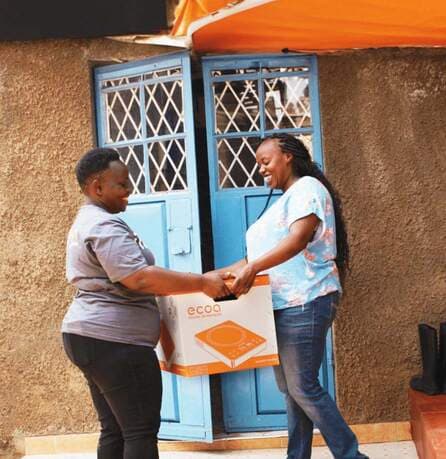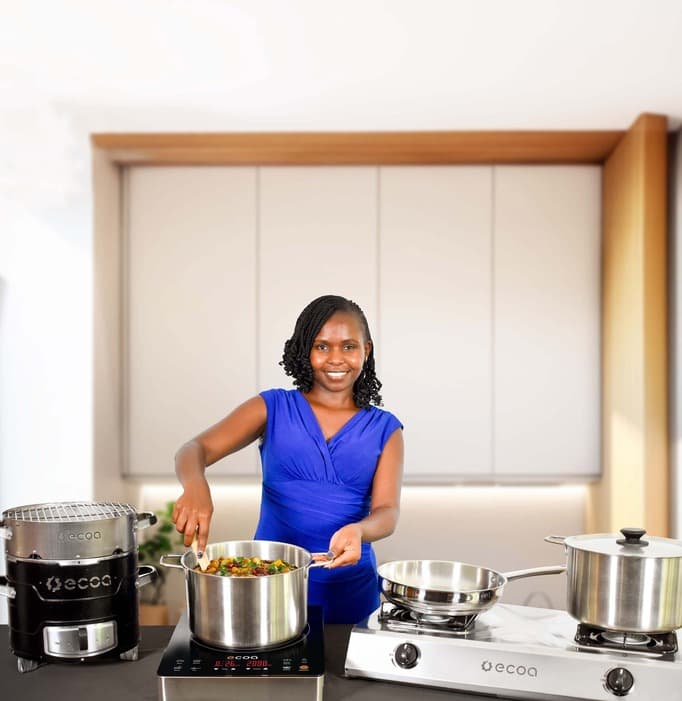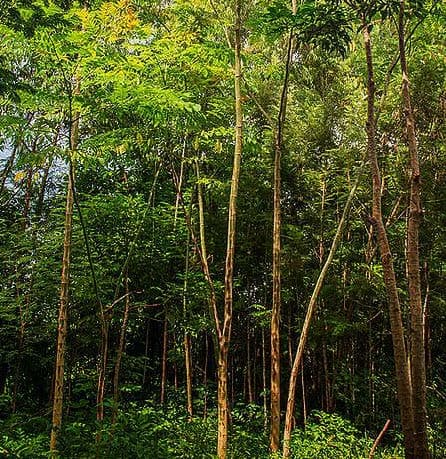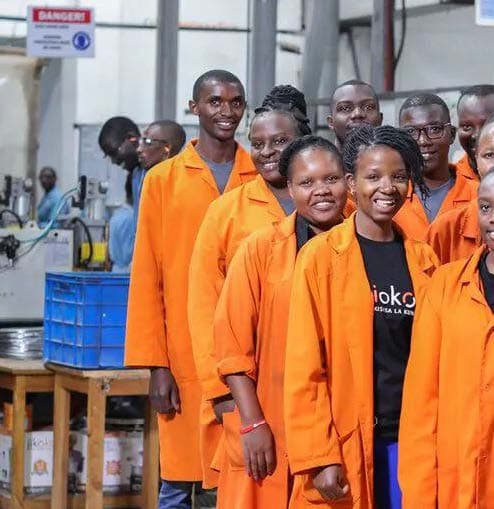We have sold over 4.1 million cookstoves and transformed the lives of over 22 million people.
Our commitment to transition households to clean anergy solutions provides families with efficient cooking alternatives and empowers communities to foster healthier environments for future generations.





